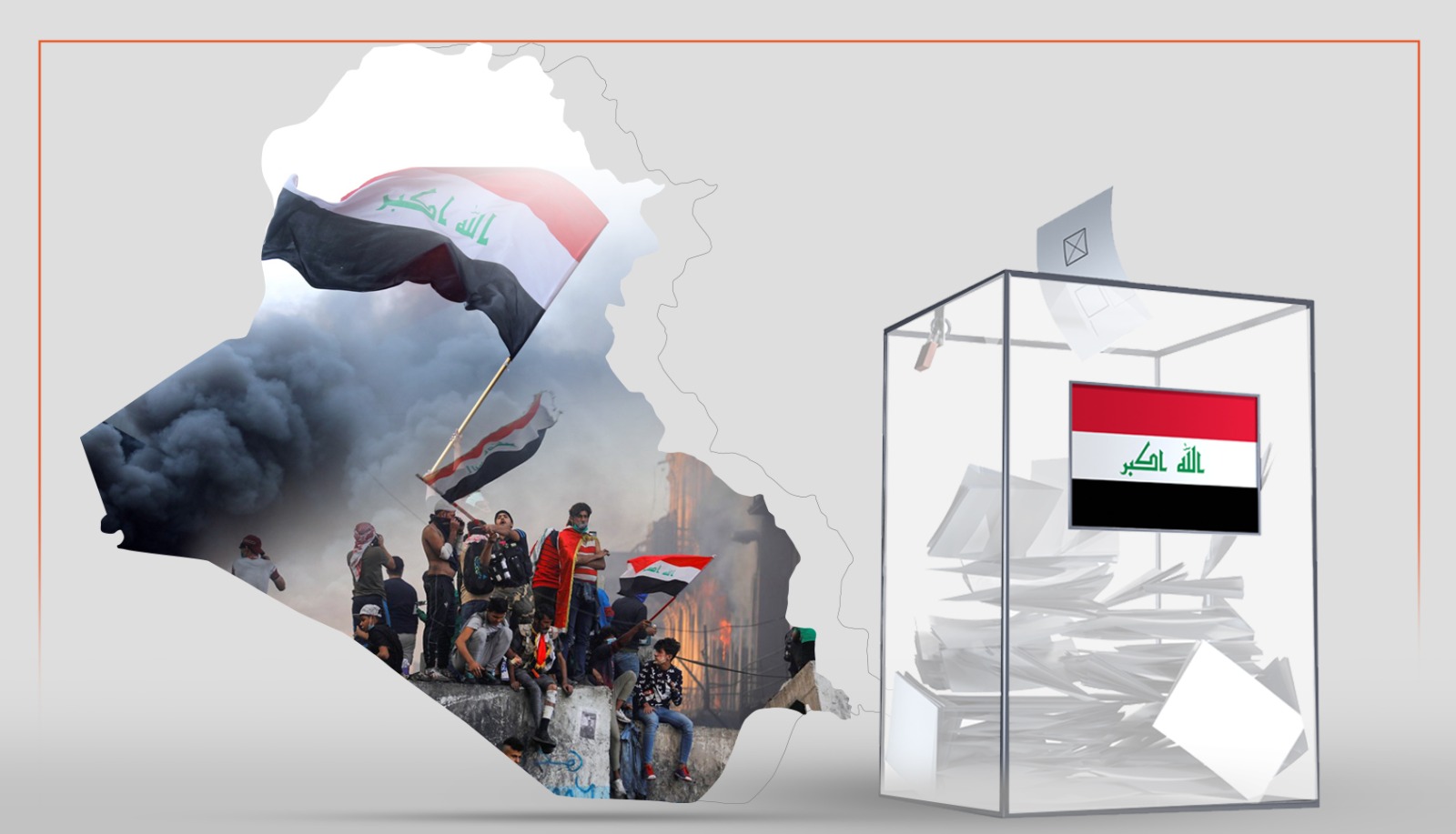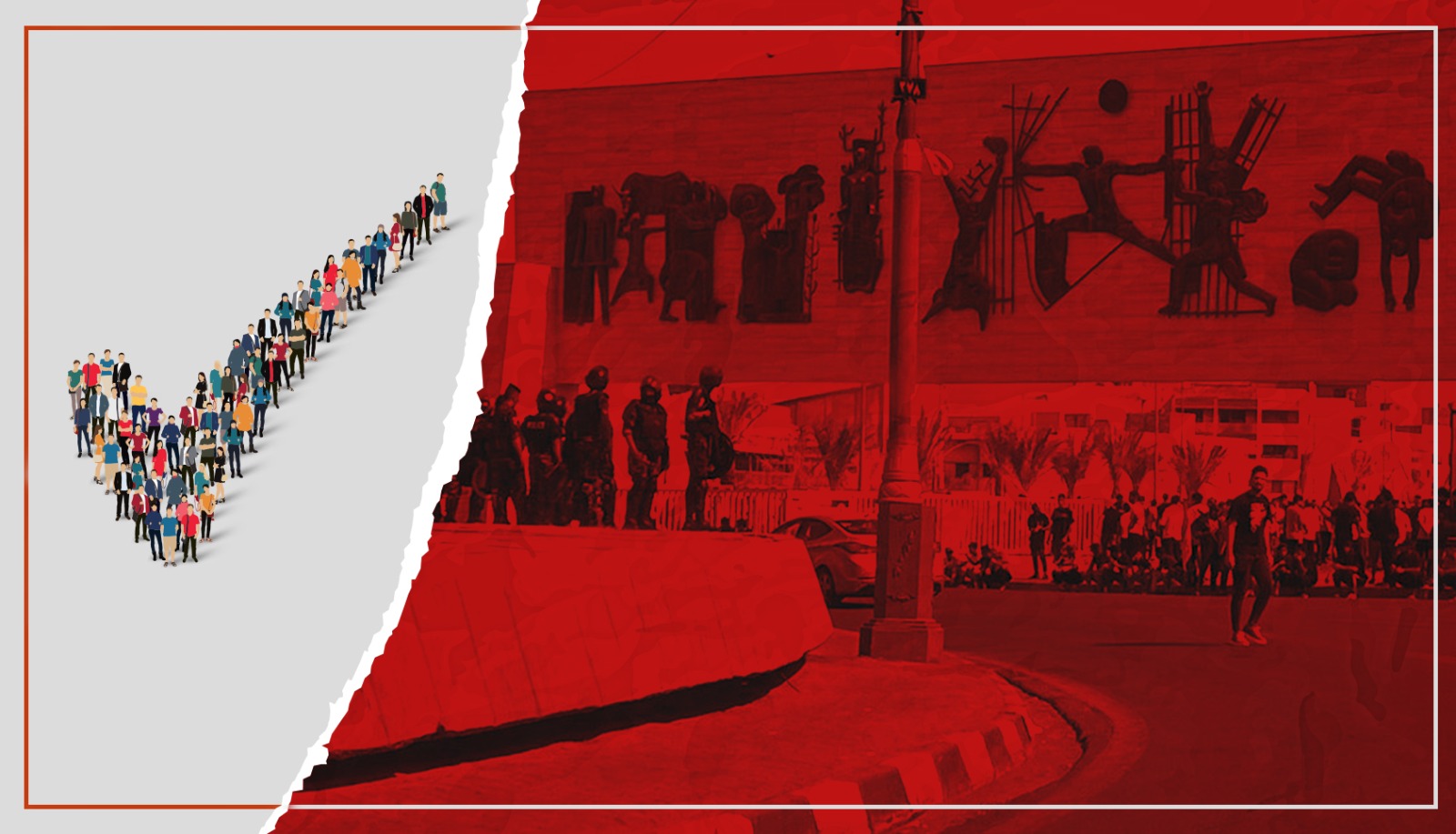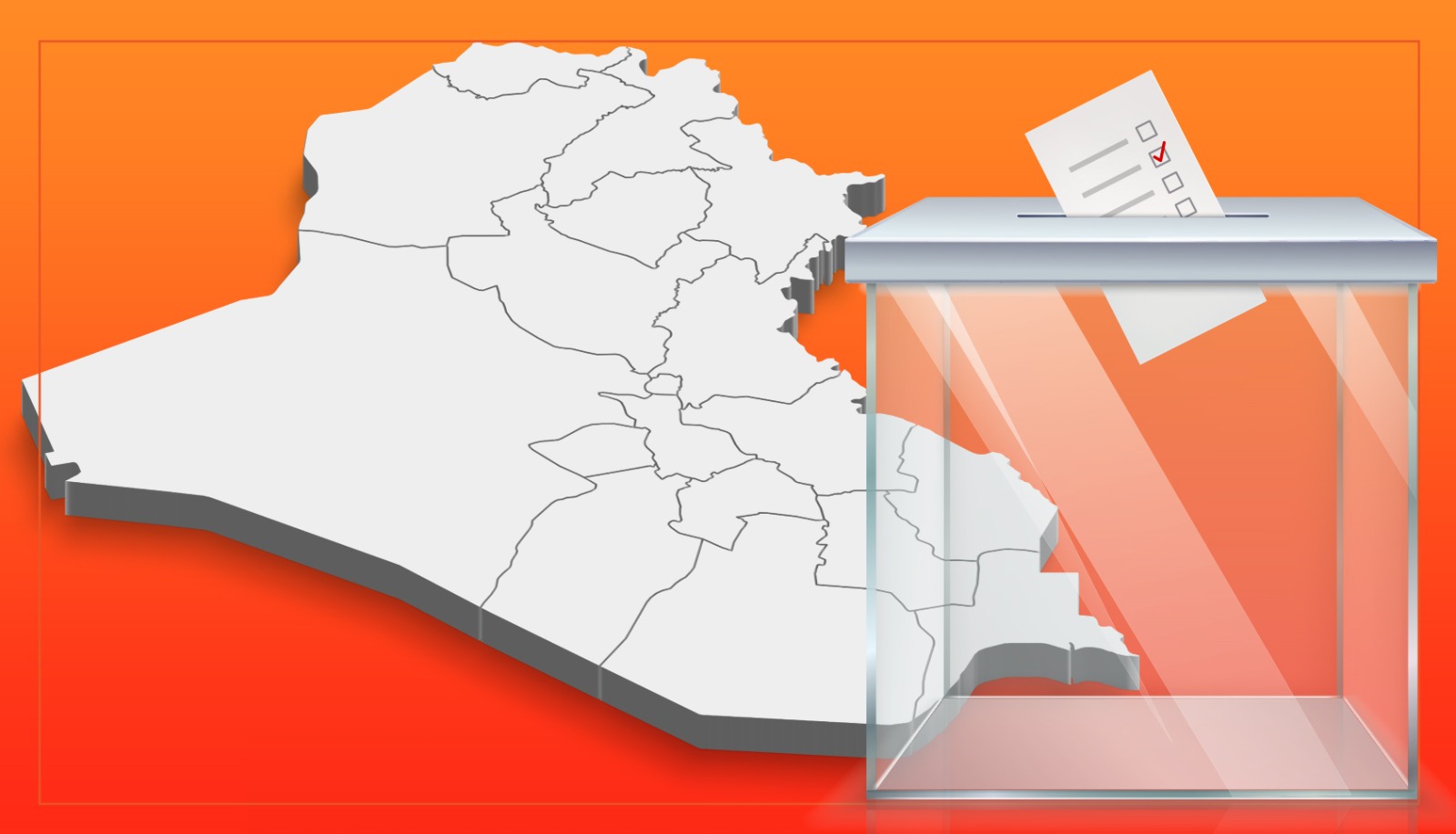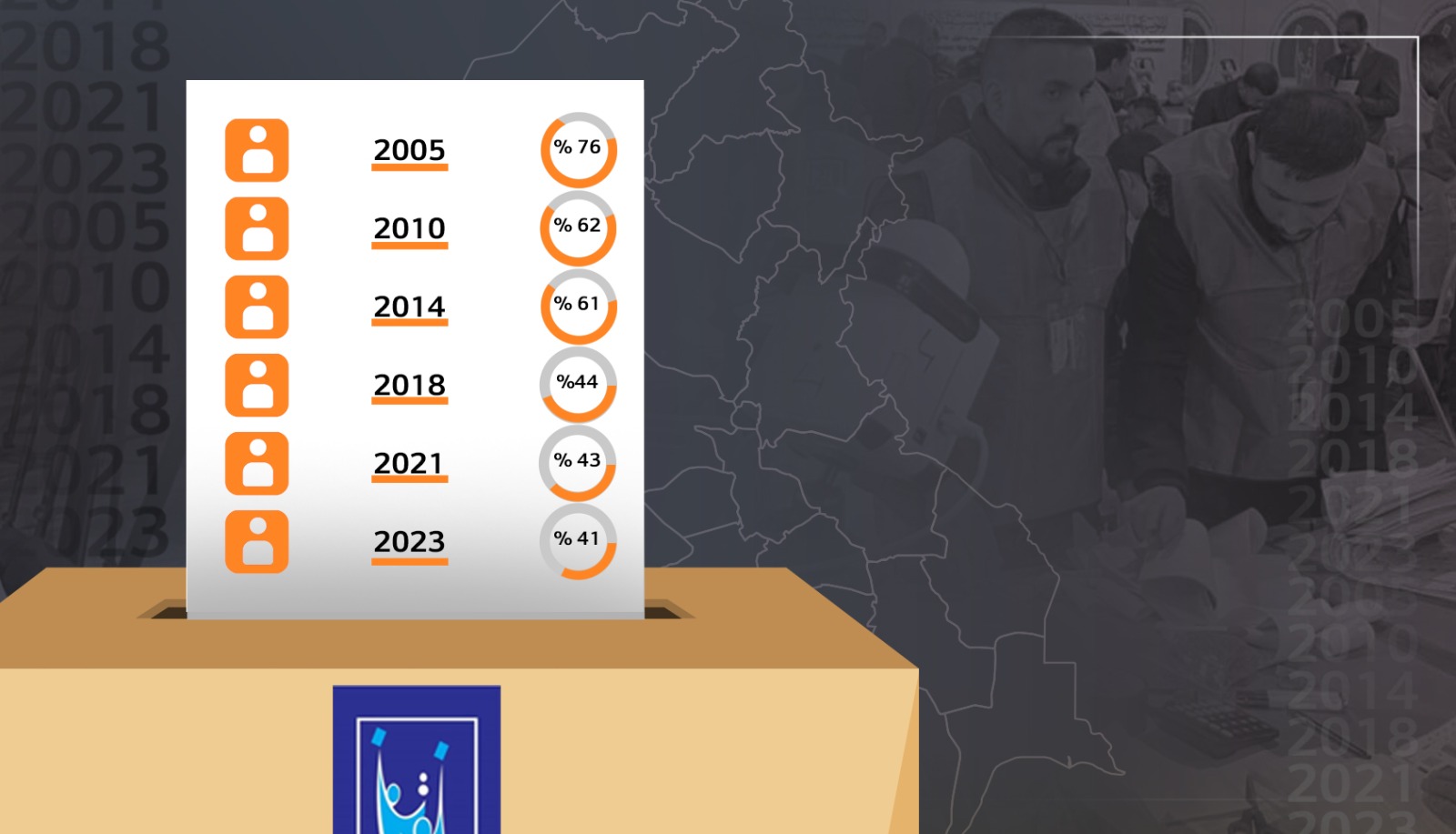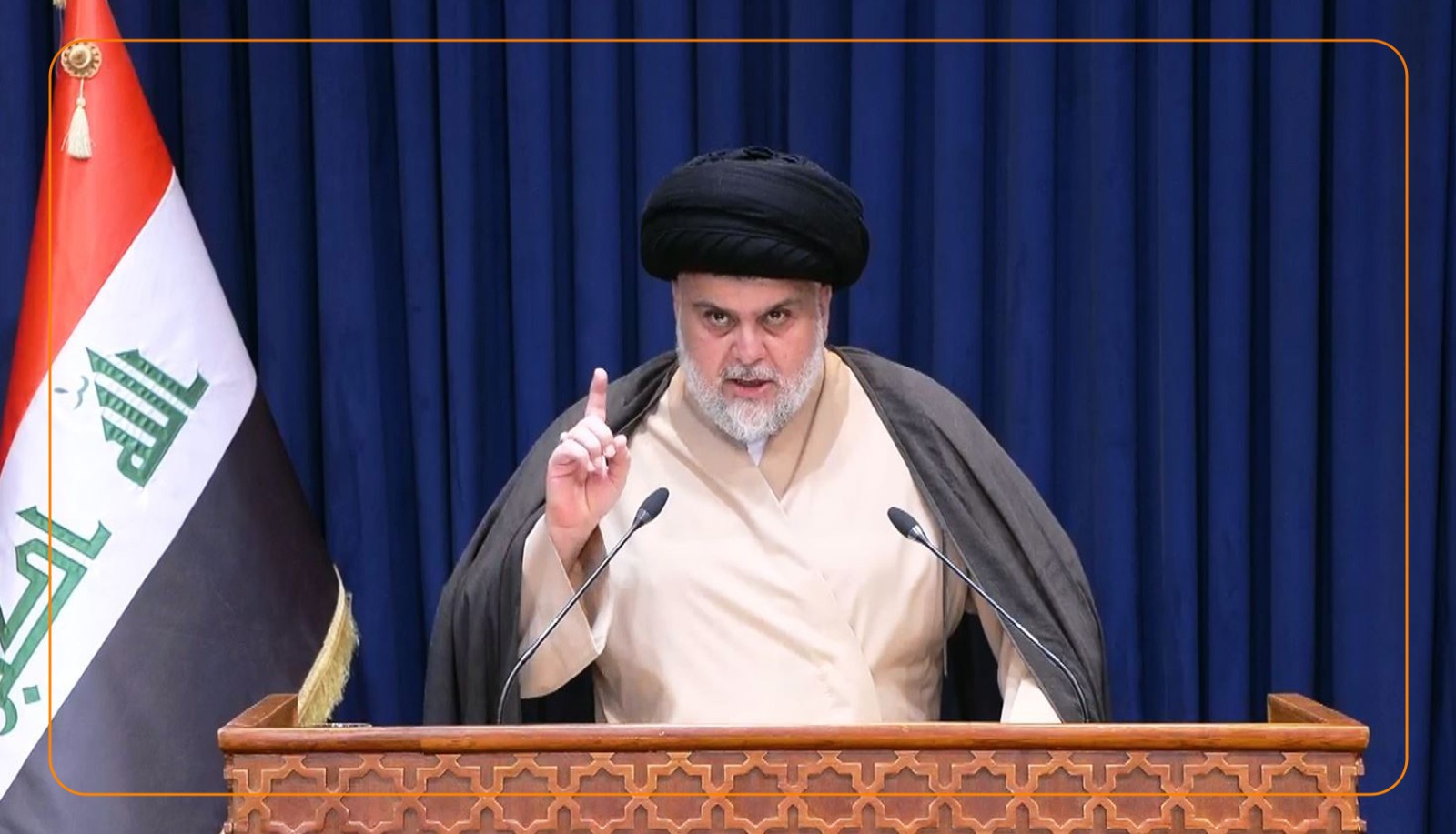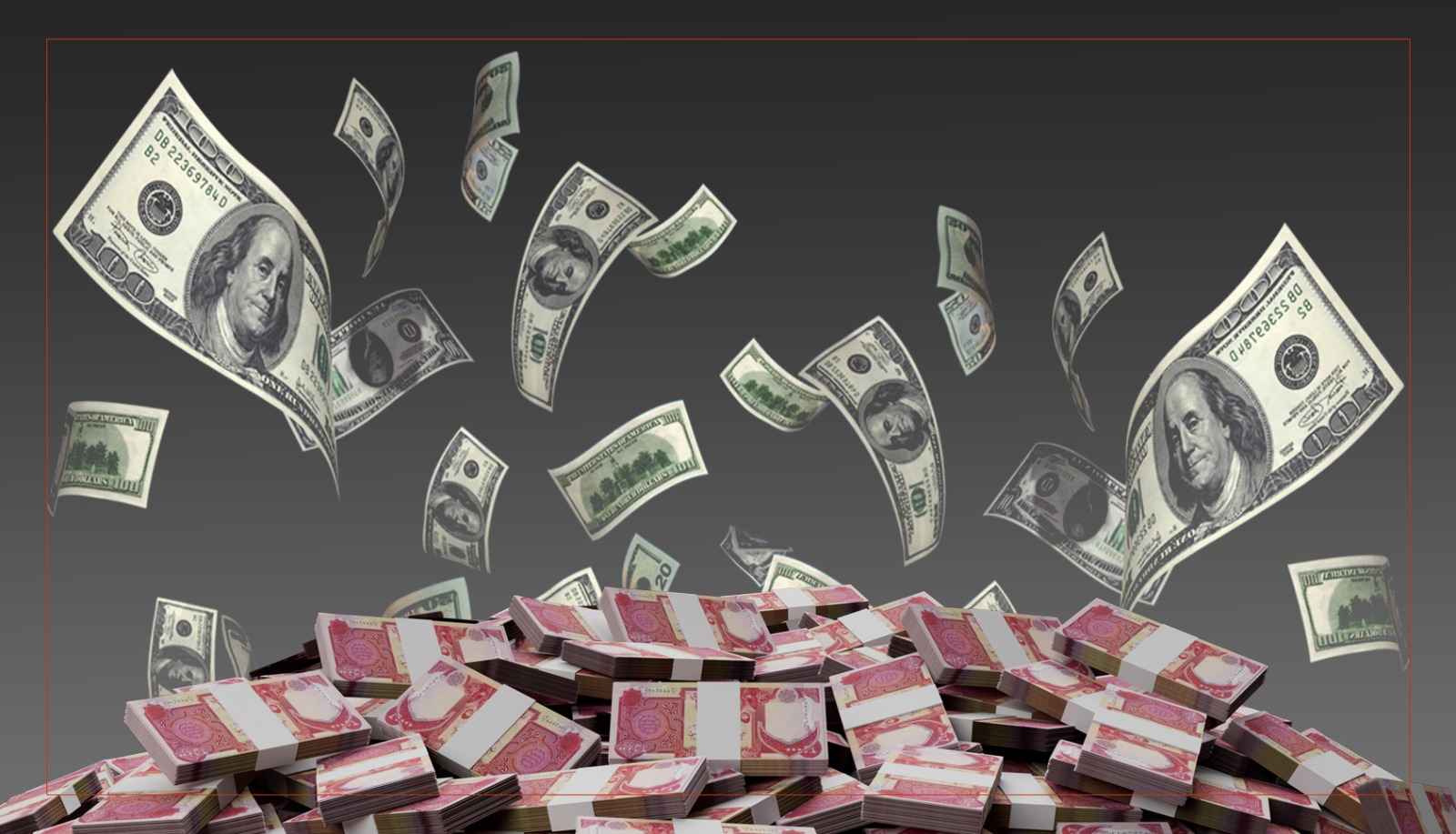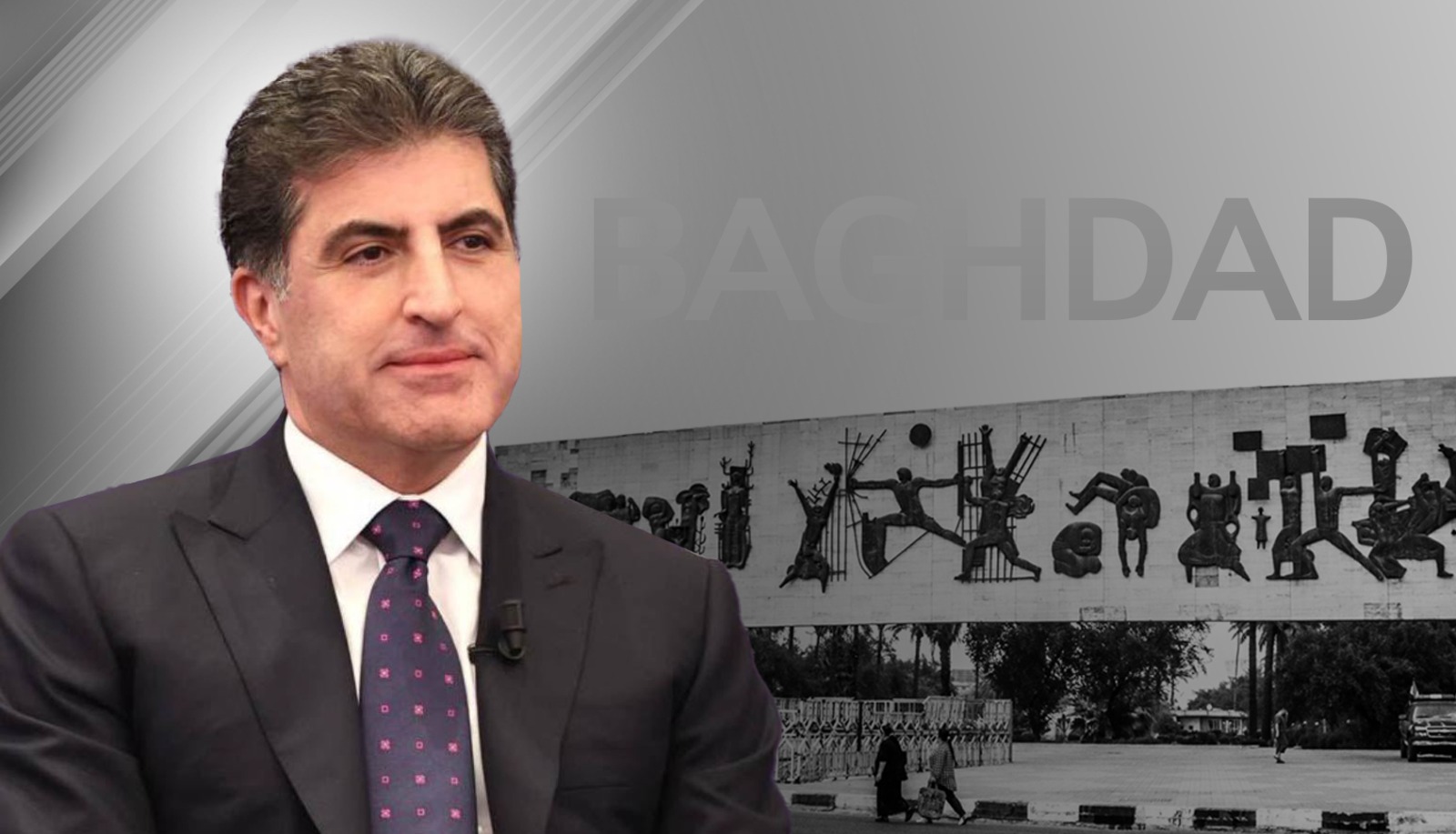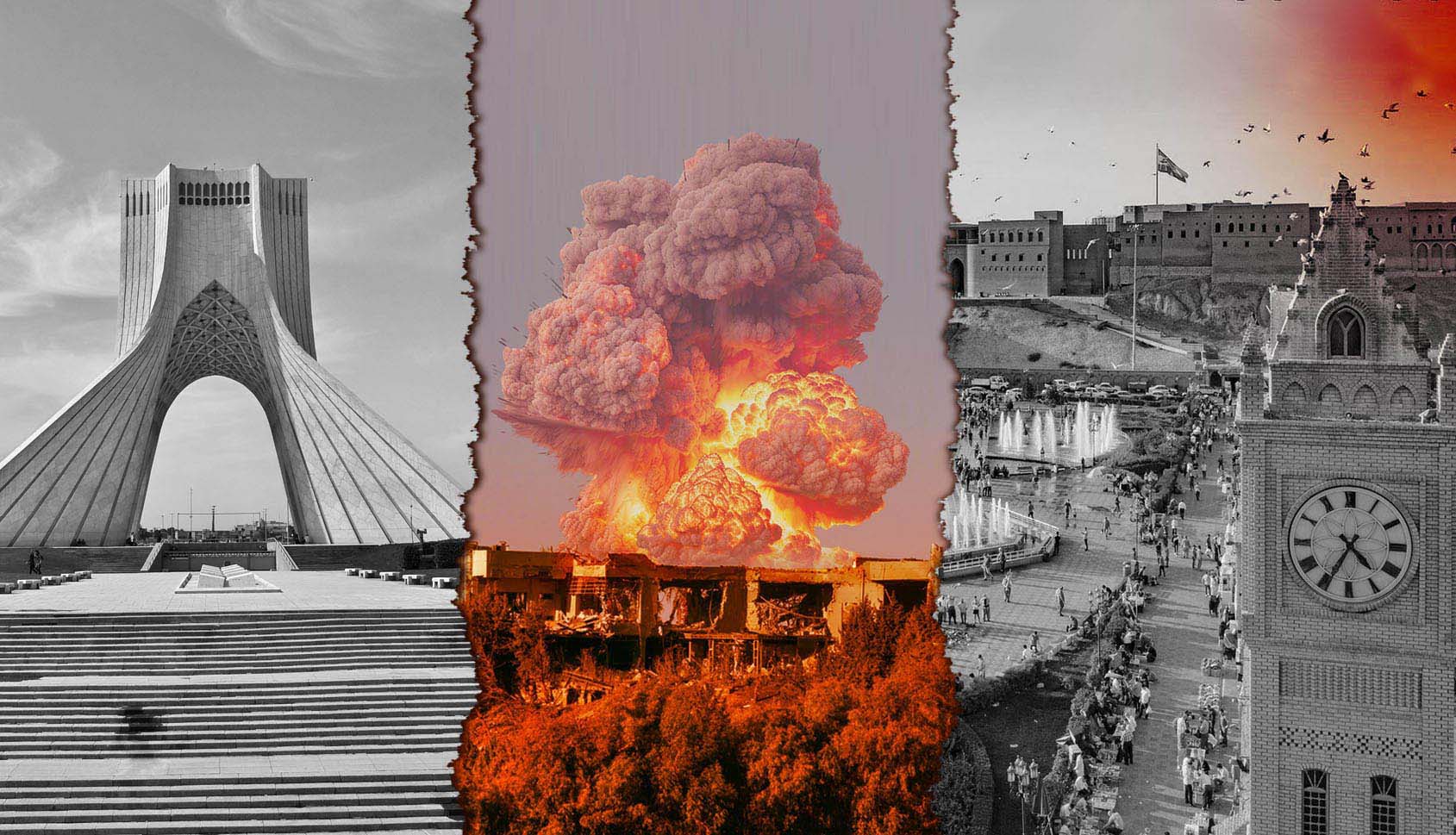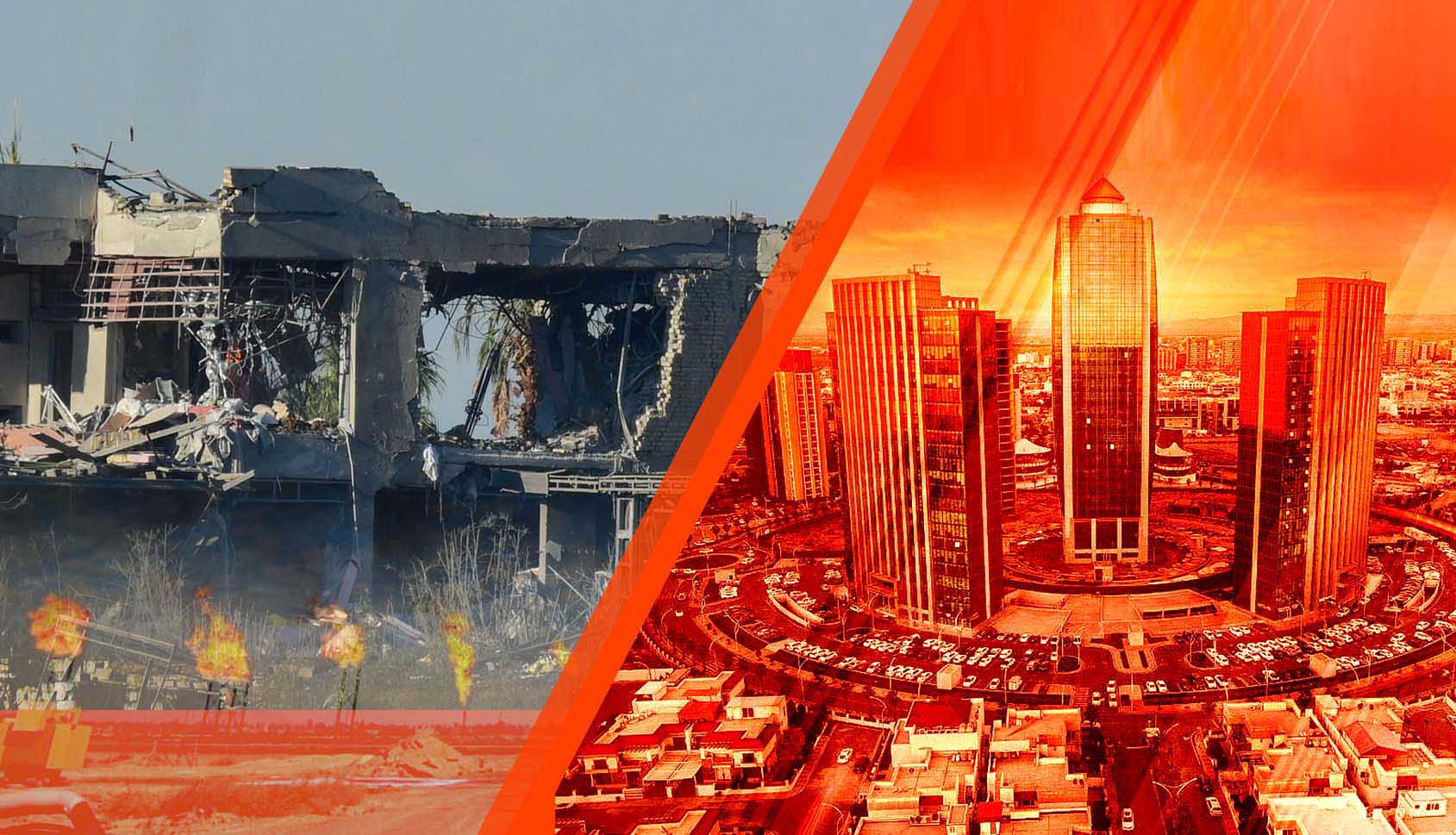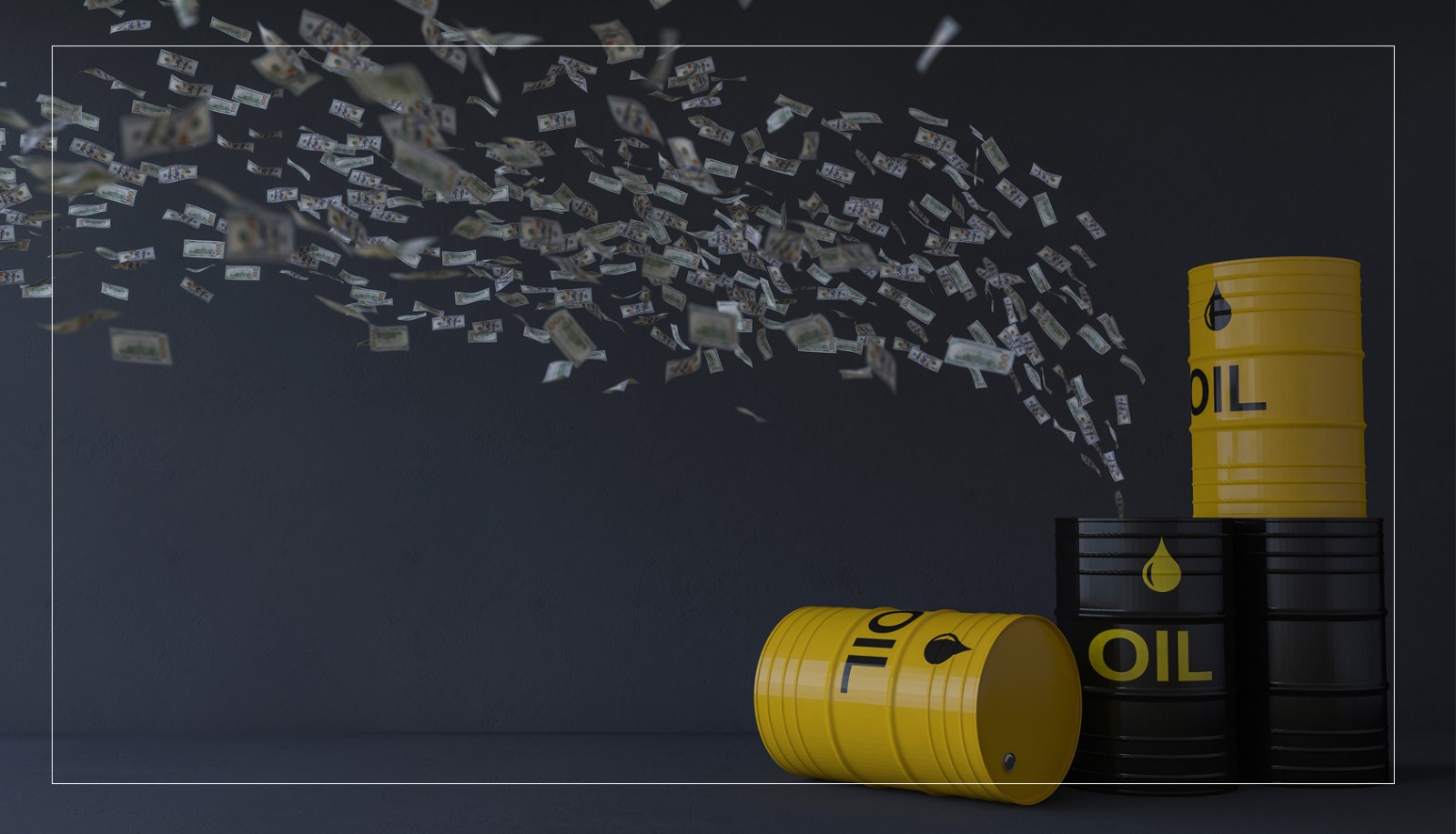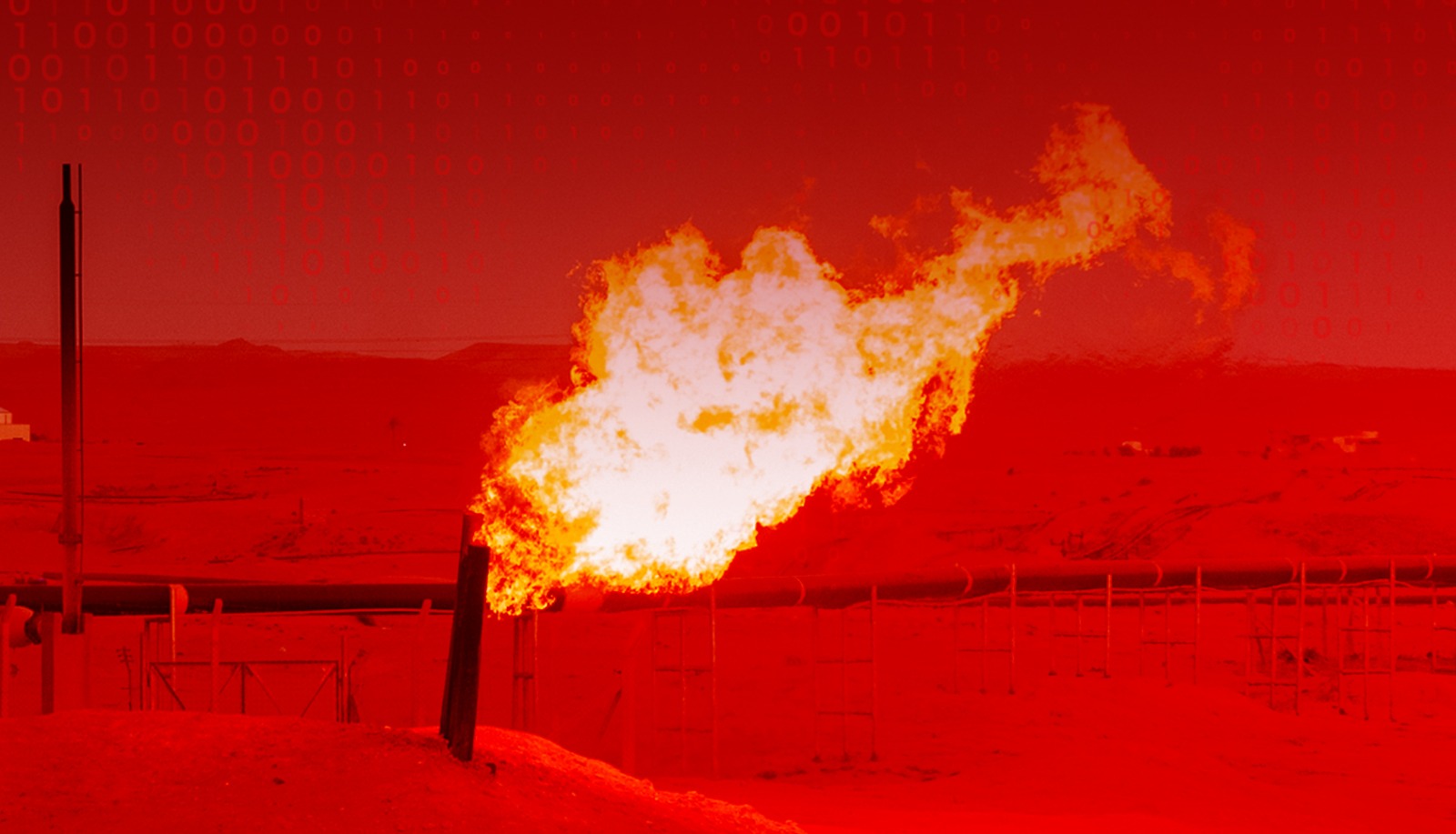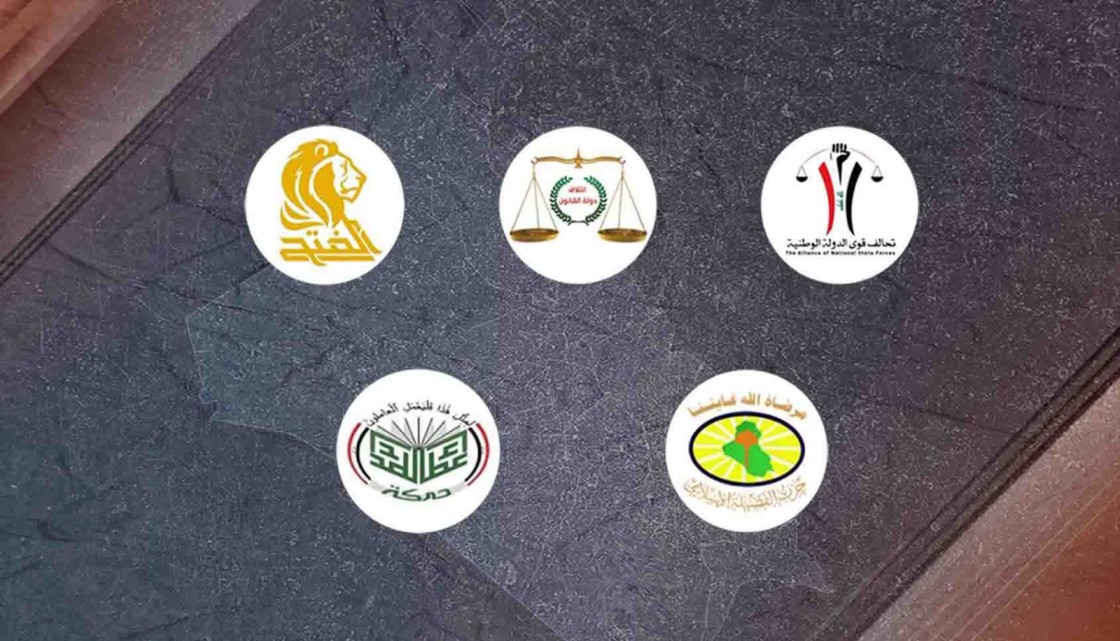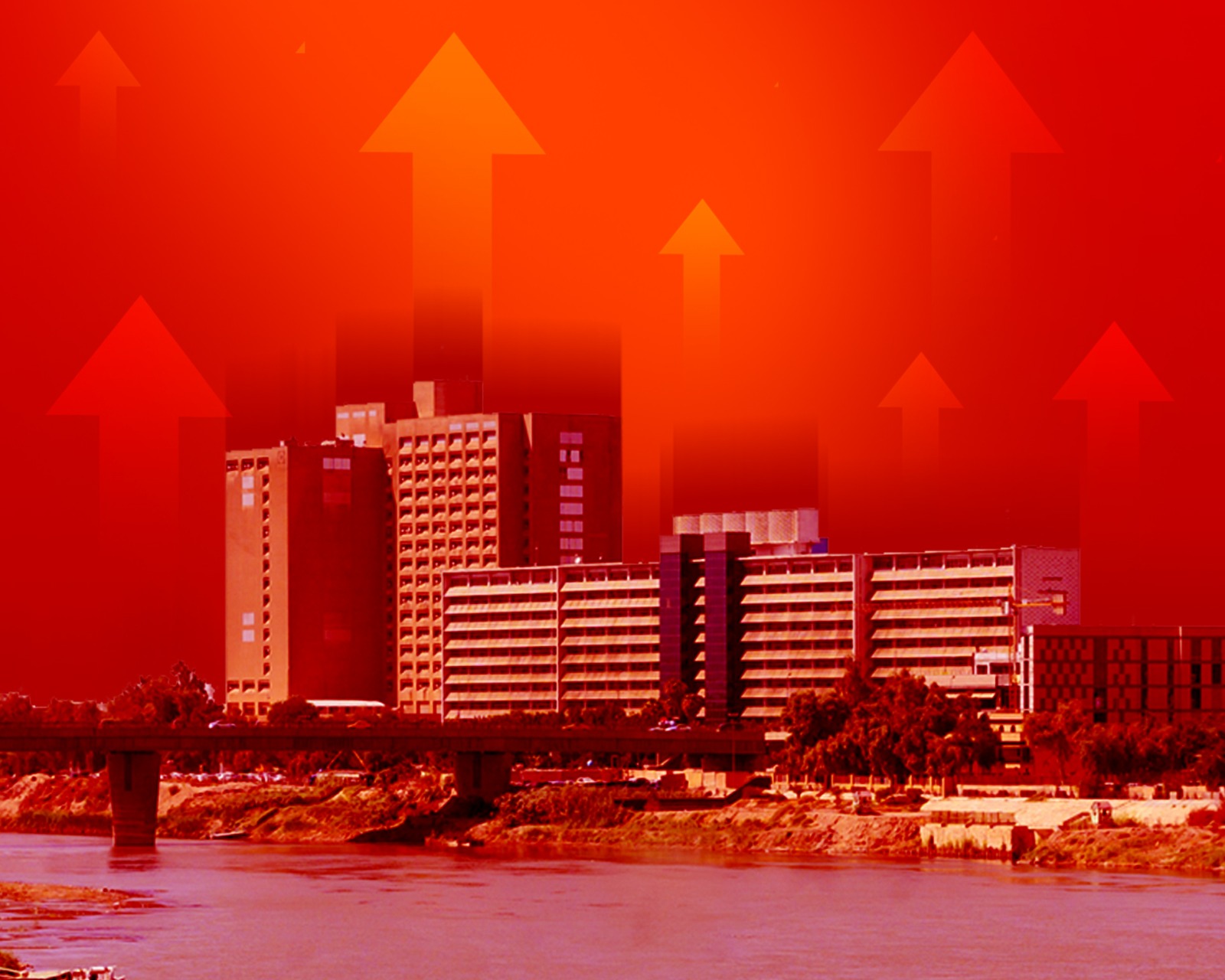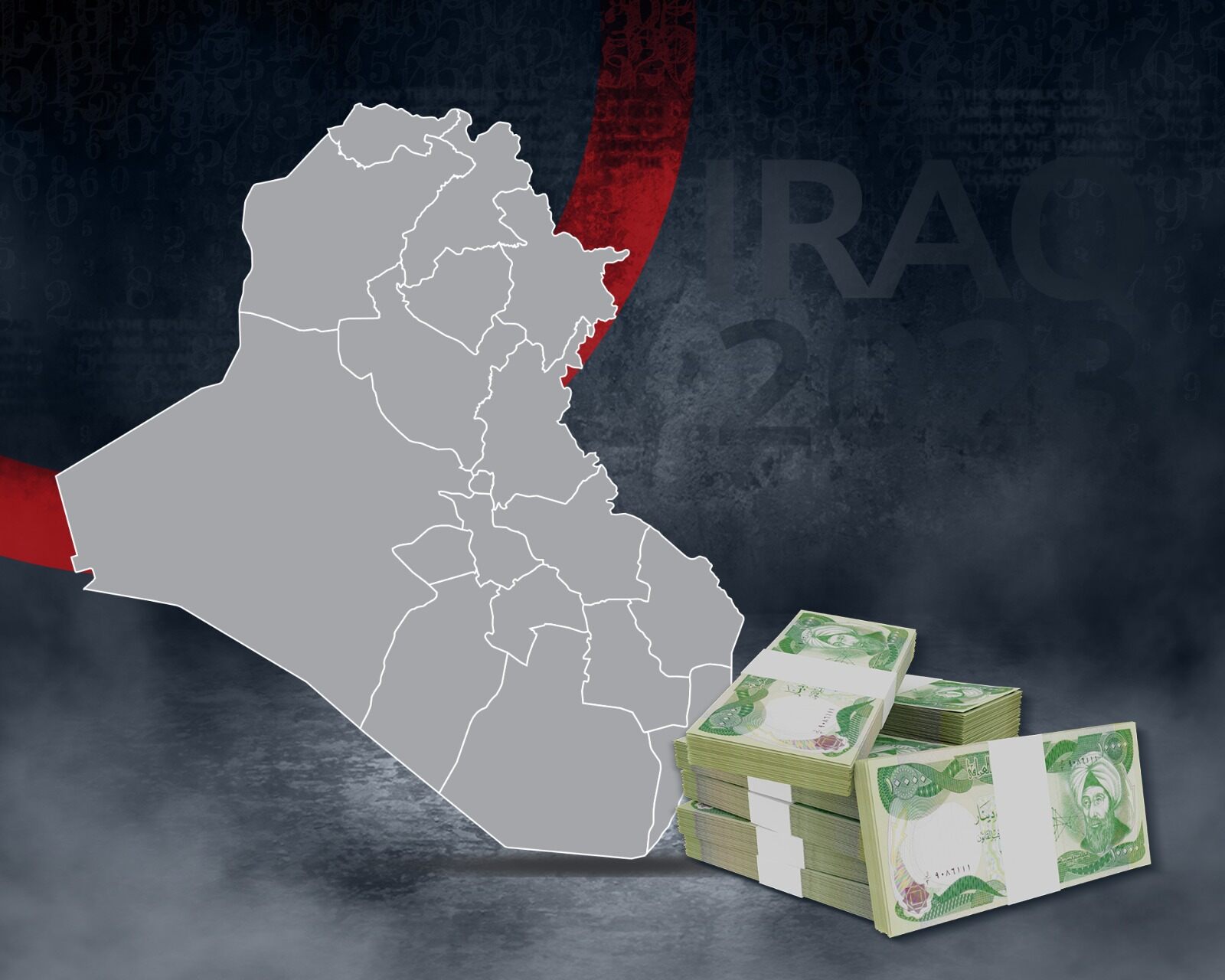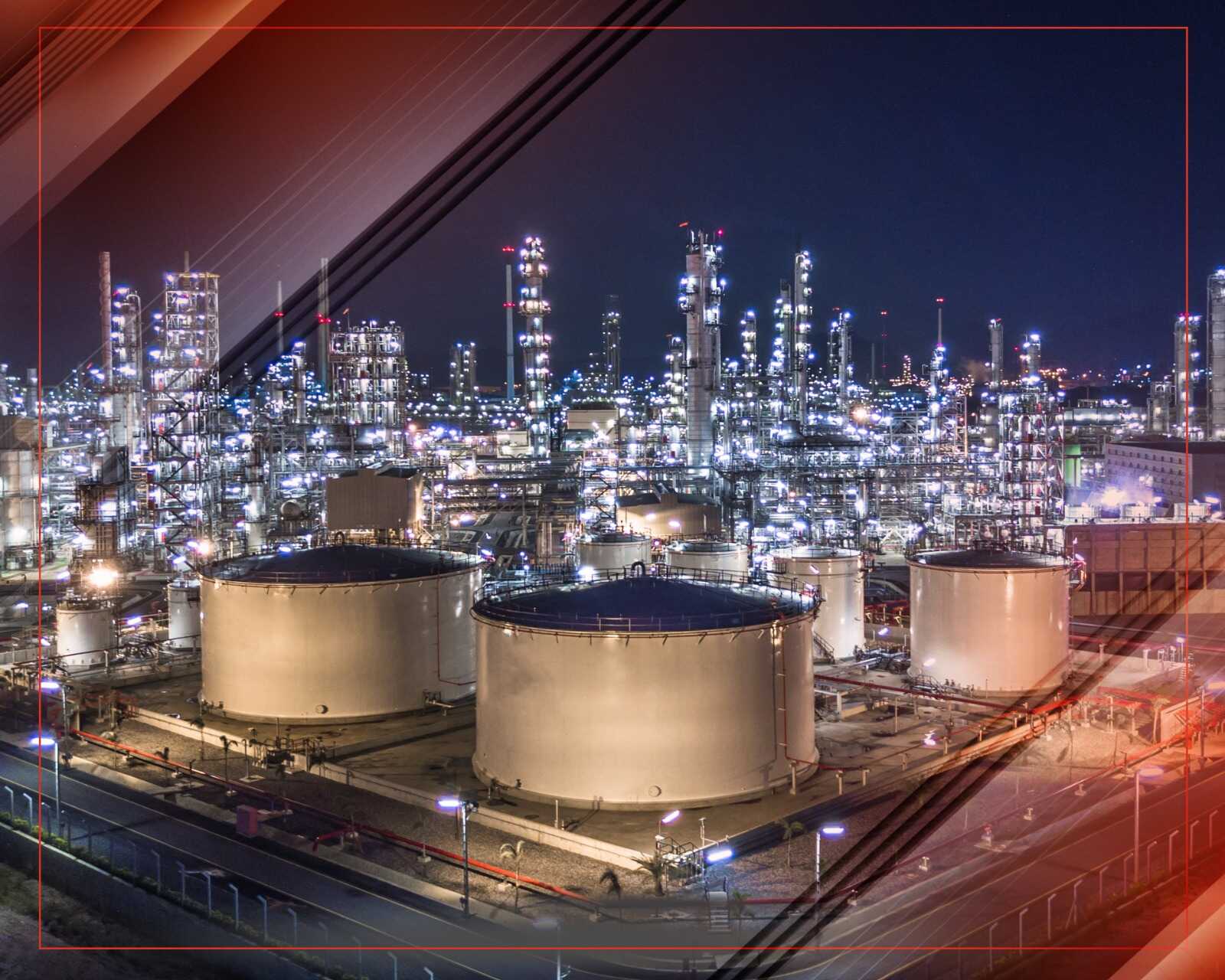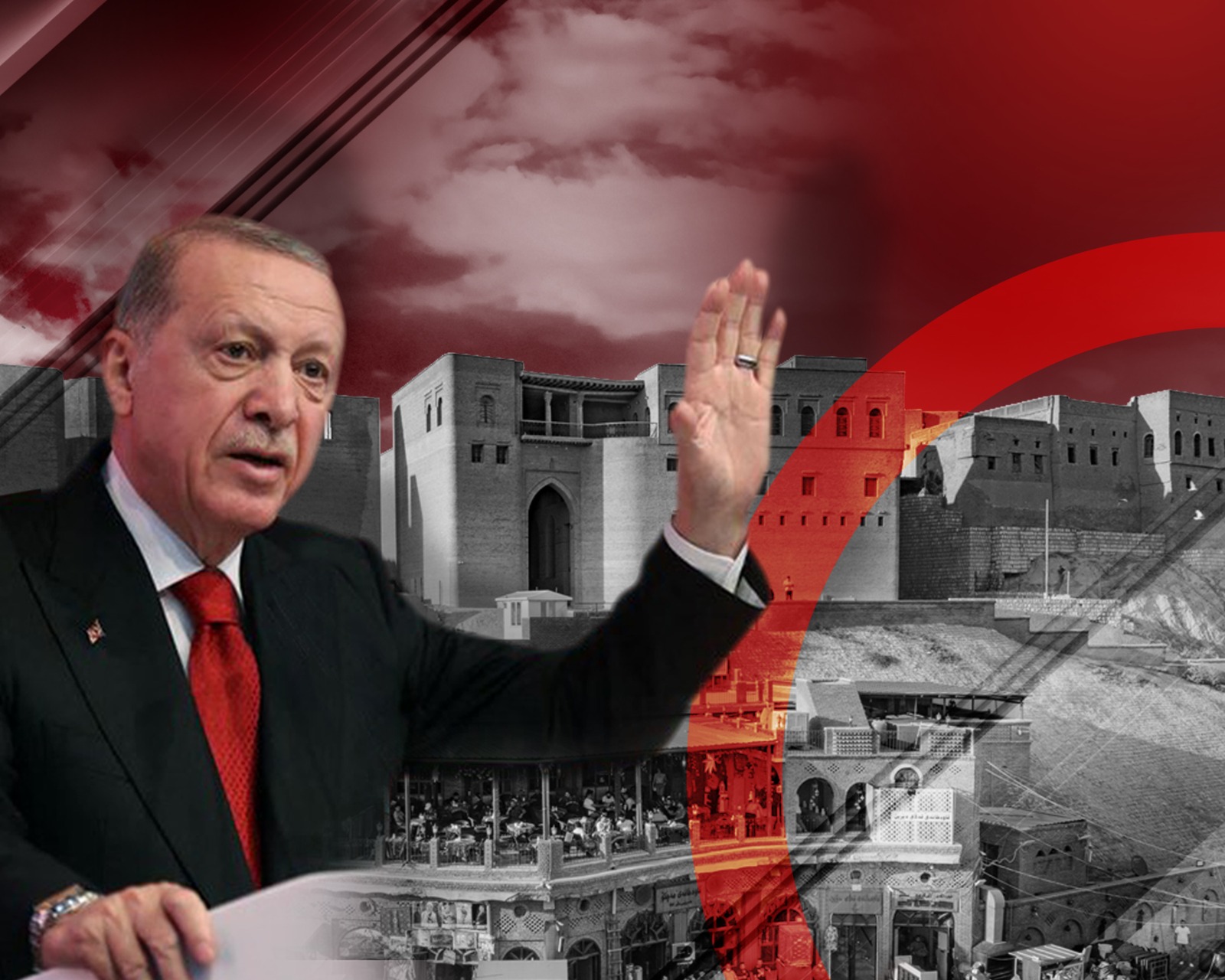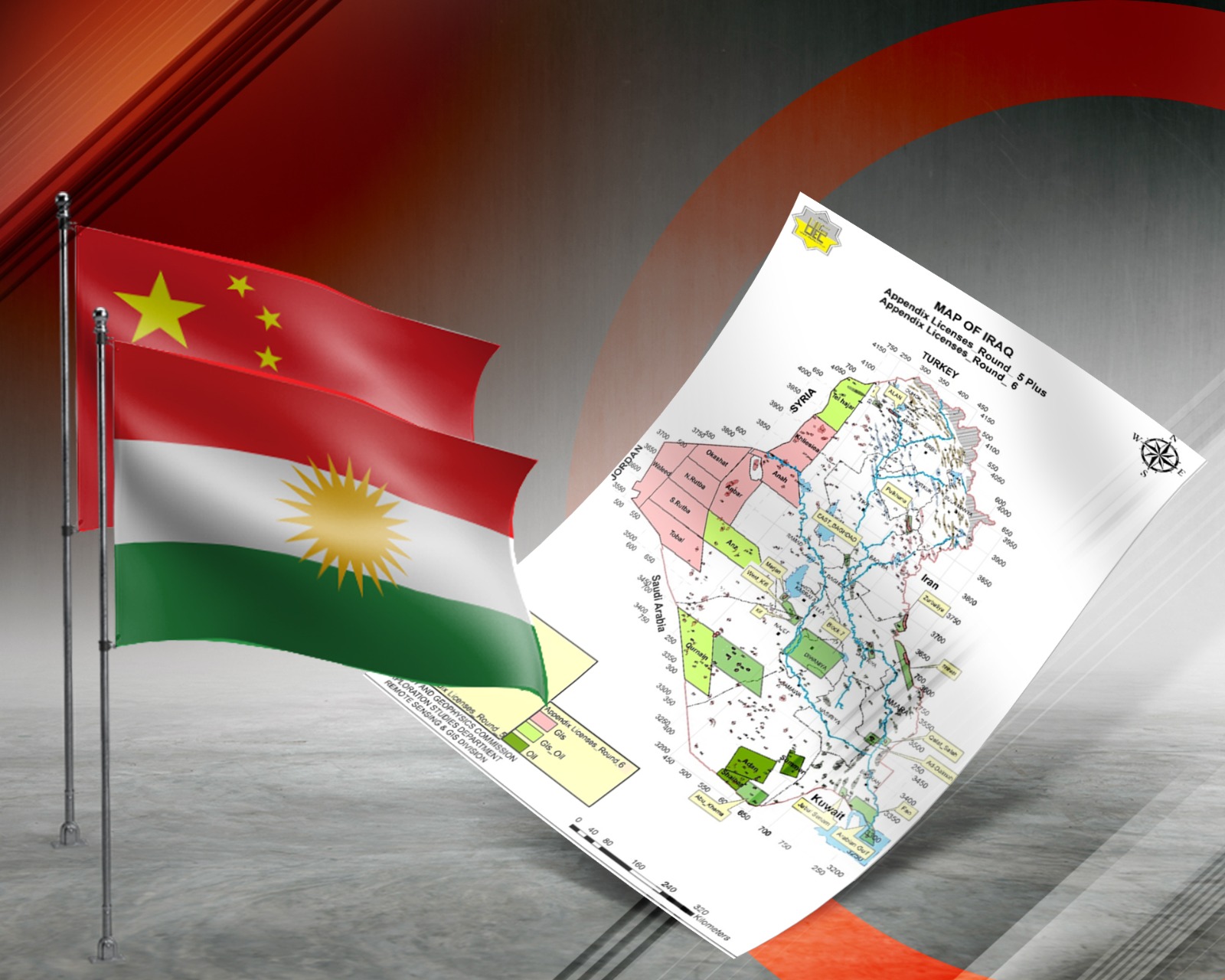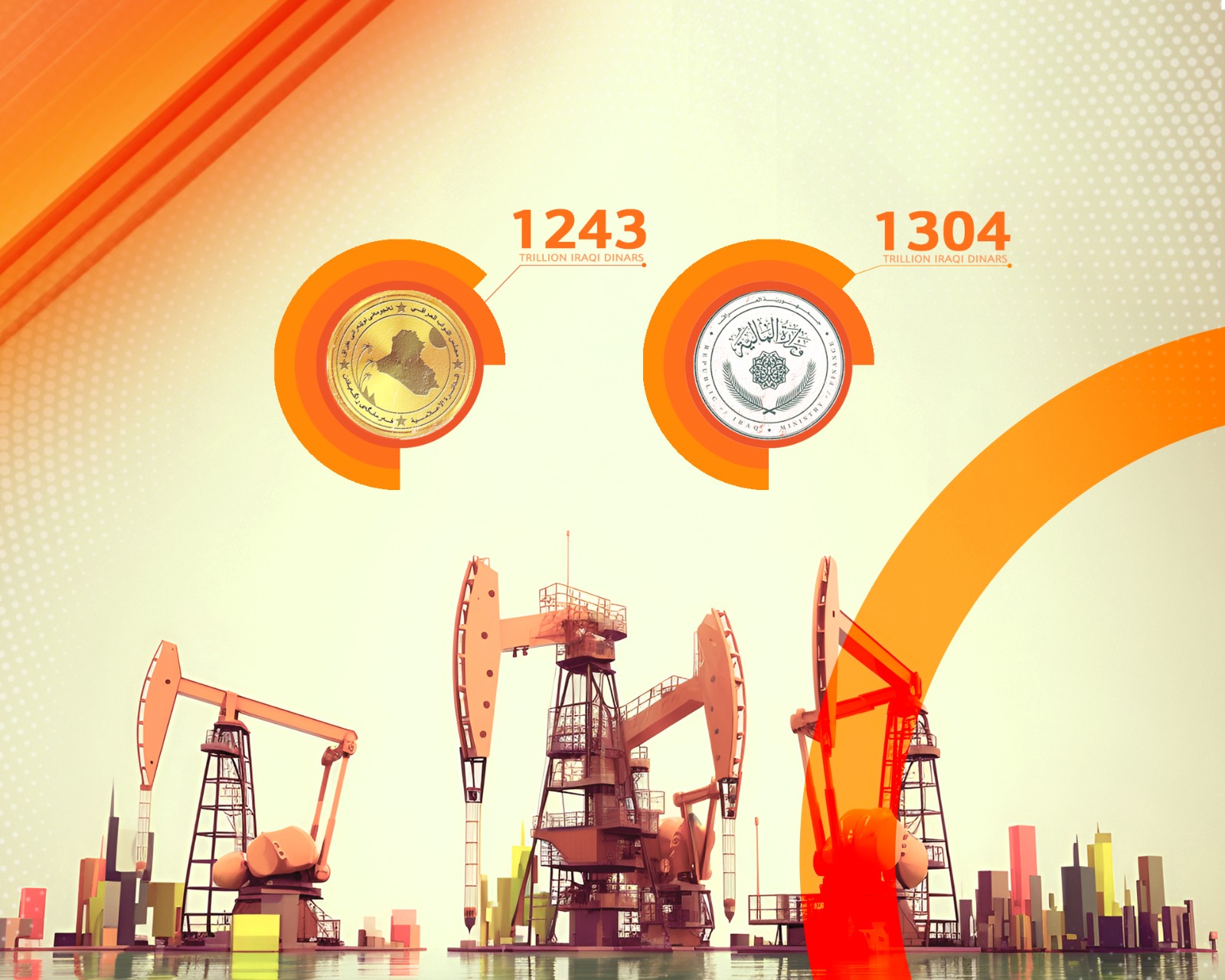As Iraq's provincial council elections draw near, the remaining days carry heightened political and security sensitivity. Even in the absence of major disruptions and with the elections unfolding as scheduled, Iraq is poised for a transformative phase
One Content and Two Interpretations; New Oil and Gas Contracts in Iraq and the Fate of the Contracts in the Kurdistan Region

On February 6, 2024, the Iraqi Oil Ministry is set to unveil the victors of the fifth+ and sixth rounds of oil and gas contracts covering 30 fields. While major firms from the United States and Britain have opted out, Chinese and Russian companies are eager to expand. Notably, the French have reached a historic agreement, and there are calls from the Gulf, particularly Saudi Aramco, for a reevaluation of the contract structures.
The upcoming December 18, 2023, provincial elections pose a crucial choice for the new Iraqi civilian forces aligning with the October 2019 demonstrations. It's a dilemma between potential further decline or the chance to secure a popular base and influence within local councils. Success in these elections could pave the way for increased support in the 2025 parliamentary elections, while failure might have the opposite effect.
Approximately 6.6 million voters participated in the Iraqi provincial council elections, 41% of those eligible to vote. However, with a total of more than 26 million voters, this election and its results represent approximately 25% of all eligible voters. The significance lies not solely in reflecting voter will but in its potential to drive crucial political developments
The series of declines in voter turnout follows the tradition of the previous four terms, as shown: in the 2005 elections: 76%, in 2010: 62%, in 2014: 61%, in 2018: 44%, and in 2021: 43%.
Aside from the potential for demonstrations and tensions, one of the most likely scenarios for the Sadr movement is a significant comeback in the 2025 elections. According to this scenario, the Sadrists, as an opposition, could mobilize a surge of voters to the polls, outpacing their rivals.
This issue has broader implications, including US-Iraq relations and US economic sanctions against other countries. Actions and warnings from the Americans alone depreciated the Iraqi dinar against the dollar, despite efforts by the Iraqi government and the central bank to increase the dinar value. Despite adjustments, it still trades above 1,540 dinars per dollar in the markets, highlighting the significant impact of American statements on Iraq's economic situation.
Following the visit of the Kurdistan Region's president, a noteworthy development emerged as the Iraqi Council of Ministers opted to allocate a portion of the budget for the Kurdistan Regional Government. While the issue of the budget between Baghdad and the Kurdistan Region may persist, especially amid the ongoing crisis, there exist compelling reasons to explore at least a moderate solution at this juncture.
Under heightened scrutiny following attacks in Gaza, Kerman, and the Red Sea, Iran is compelled to address these pressures. The Iranian authorities, seeking justifications for themselves and their regional proxies, engage in a nuanced strategy. While Iran persists in indirect attacks through proxies in Iraq, instances where it directly acknowledges responsibility and releases imagery aim to assert its capability, ownership, and use of ballistic missiles.
Beyond alleged security concerns, Iran's true objective appears to be destabilizing the Kurdistan Region, impacting key sectors like real estate and energy.
Indeed, the policy of refraining from responding to the attacks on non-Americans in the Kurdistan Region contrasts with the US humanitarian intervention in the 1990s and the significant role played against ISIS, especially crucial for the Kurds. The current administration's stance prompts the question of whether there is a shift in that policy.
Despite SOMO's preliminary and final data on export oil revenues showing a $48 million difference, there remains a staggering billion-dollar gap between the Iraqi Finance Ministry's report and that of SOMO and the Iraqi Oil Ministry. This disparity exceeded $4 billion in 2023.
Last year, based on IOC reports and gathered data, oil production in the Kurdistan Region fell short of 100 million barrels, marking a significant decline from the 158 million barrels produced across all fields in 2022. This represented a staggering 42 percent decrease in oil production and a corresponding 67 percent reduction in revenues compared to the previous year.
After several days of anticipation and amidst intense political and legal debates, the councils of 13 Iraqi provinces, with the exception of Kirkuk and Diyala, finally elected their governors. However, despite the issuance of a decree by the presidency to appoint the elected governors, except for Salahaddin province, it's apparent that this move won't resolve the internal tensions within local governments.
China's trade with Iraq has consistently expanded year after year, with recent figures nearing $50 billion, representing over two-thirds of Iraq's exports to China. Moreover, China's investments in Iraq's energy and real estate sectors have surpassed those of neighboring countries over the last two decades.
Iraq's Financial Transparency: The 2023 Budget Figures and Ministry of Finance Reports on Expenditures and Revenues

In terms of revenue, the budget projected Iraq's total revenue in 2023 to reach 134.5 trillion dinars, comprising 117.2 trillion dinars from oil revenue and 17.3 trillion dinars from non-oil revenue. However, according to the Ministry of Finance's annual report, Iraq's total oil and non-oil revenues amounted to 135.6 trillion dinars, with oil revenues at 125.8 trillion dinars and non-oil revenues at 9.7 trillion dinars.
Throughout the suspension period, the estimated loss surpasses $11 billion if the Kurdistan Region were to sell its own oil independently, escalating to $13 billion if Baghdad were to market it at the price of Iraqi oil exports in 2023.
The Iraqi Ministry of Electricity has reiterated its intention to purchase gas from the KRG in the upcoming months. Dana Gas previously announced the completion of an additional 250 million cubic feet of gas production, slated for availability in the second quarter of this year. However, it remains uncertain whether this supply will be allocated for power plants within the Kurdistan Region or Iraq at large.
Apart from economic reasons, however, the Kurdish cause has deeper roots for Erdogan. There is no doubt that Erdogan, who has remained in power longer than any other Turkish leader and has a chance of directing Turkish policy for at least another four years, has come closer to the Kurdish cause than anyone else. If we include the reforms for the European Union membership process, the AKP has put the Kurdish cause on the agenda of Turkey between 2002 and 2015, directly and indirectly during its 13 years of rule.
Iraq Finalizes Fifth-Plus and Sixth Rounds of Oil and Gas Contracts, Yielding Over 30% Profit for Participating Companies

In this round, 22 companies from 13 countries indicated readiness to invest in Iraq's oil, gas, and joint fields, but only Chinese and Kurdistan Region companies secured contracts with profit shares ranging from 6.67% to 32%.
An annual budget consists of the collection of revenues and their redistribution towards expenditures. The main principle of budgeting is to maintain a balance between revenues and expenditures by increasing revenue sources and reducing expenditures. However, in Iraq, this has been the opposite. Over the past two decades, for example, expenses have increased 29-fold, while revenues have increased only eight-and-a-half times.

